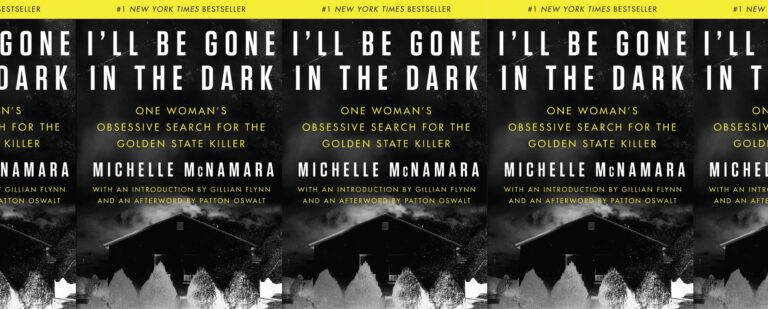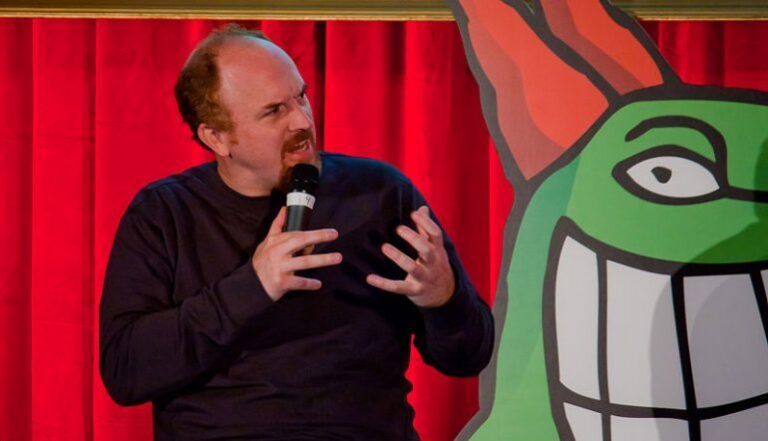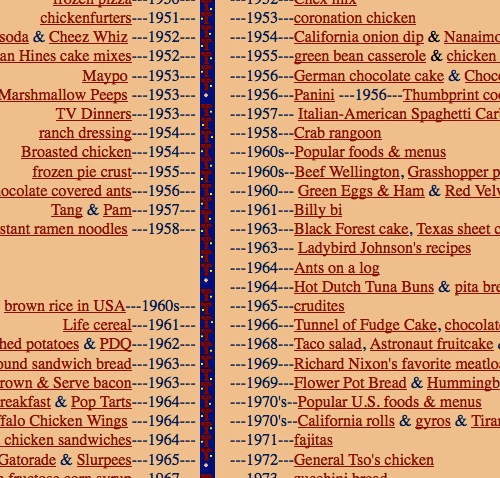Under the Influence

When you were in school, did you ever do one of those projects (usually in a foreign languageclass, where you’re getting the hang of basic vocabulary) in which you invent a family tree? You know, the works: Judi Dench is your grandmother, Dwayne “The Rock” Johnson is your dad, and so on. (If you didn’t, you seriously missed out.)
If you did, though, then you already understand how fun it can be to generate a kind of dream team for yourself—an assembly of people or characters who are not reflective of you independently, but together form a kind of mosaic that explains you.
In my opinion, this kind of exercise isn’t just fun, it’s tremendously useful. Derek Walcott has suggested we apprentice ourselves to great poets; Sharon Olds has talked about literary “ancestors” that can haunt a poem or collection of poems. I think establishing a literary dream team, a family of poets and writers who have influenced your own writing, is crucial to your successful development as a writer.
There are always going to be influences of which we’re conscious—writers and writing we knowingly emulate and seek out—and influences of which we’re unconscious. I wrote about MFA programs a couple of weeks ago, and this latter case of unconscious influence is an instance in which an MFA program—or any community of writers you’ve joined—is key. The people you interact with in these environments will have read things you haven’t read, experienced things you haven’t experienced, and made connections you’ve yet to make, and they can guide you toward new influences based on your work.
Some of my conscious influences include Miroslav Holub, Kurt Vonnegut, Aimee Bender, and Zbigniew Herbert. I’d never have crossed paths with this last poet—or at least, I wouldn’t have done so for a long time—without his being recommended to me by one of my teachers. The addition of new voices, new text to the mental collage, is what powers our writing: the hell with “originality.” We wouldn’t have postmodernism without modernism, and we wouldn’t have modernism without realism. Everything reacts to what came before it; something is original not because it has no antecedents, but because it reacts to those antecedents in a fresh way. This is, I think, what Pound meant in his exhortation to “make it new”: make the old new by applying time-honored tools to contemporary culture. This is what drives innovation.
It wasn’t until I started thinking about my influences—dream team, poetic family, mentors, ancestors, whatever you like to call them—that I began to understand my own writing. You write what you write because of what you’ve read and experienced; reflecting on those ingredients allows you to reflect more clearly on your writing. When you understand what’s influencing you, why you follow a rule or break it, why you choose one form or another, you enable better writing. The more you read and the more writers you interact with, the more you’ll come to understand your conscious and unconscious influences, and the more complete your writing will become.


